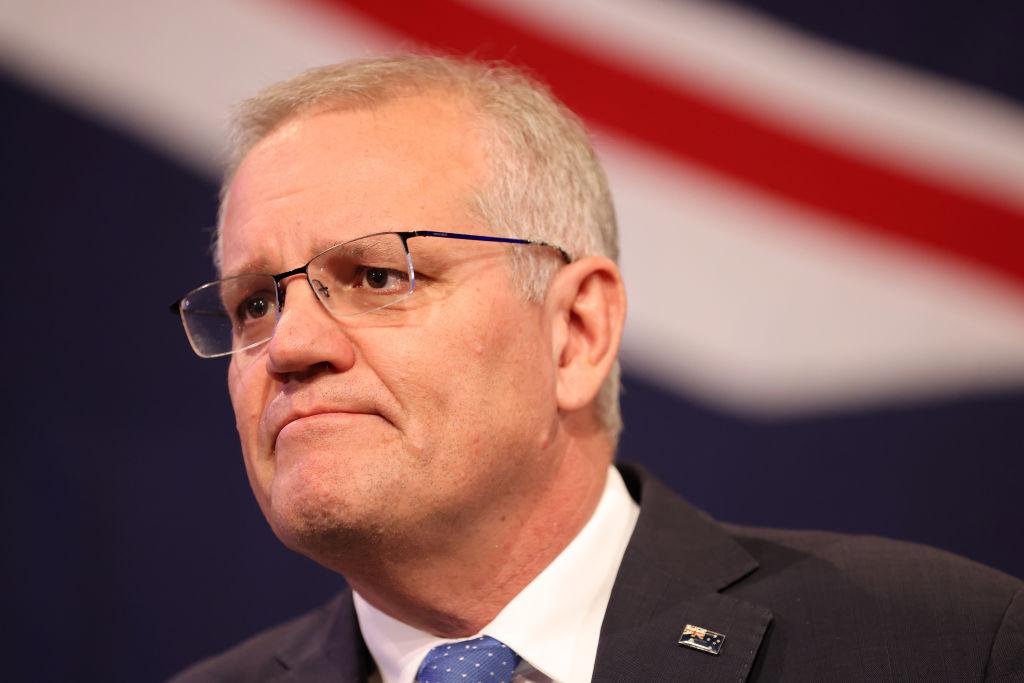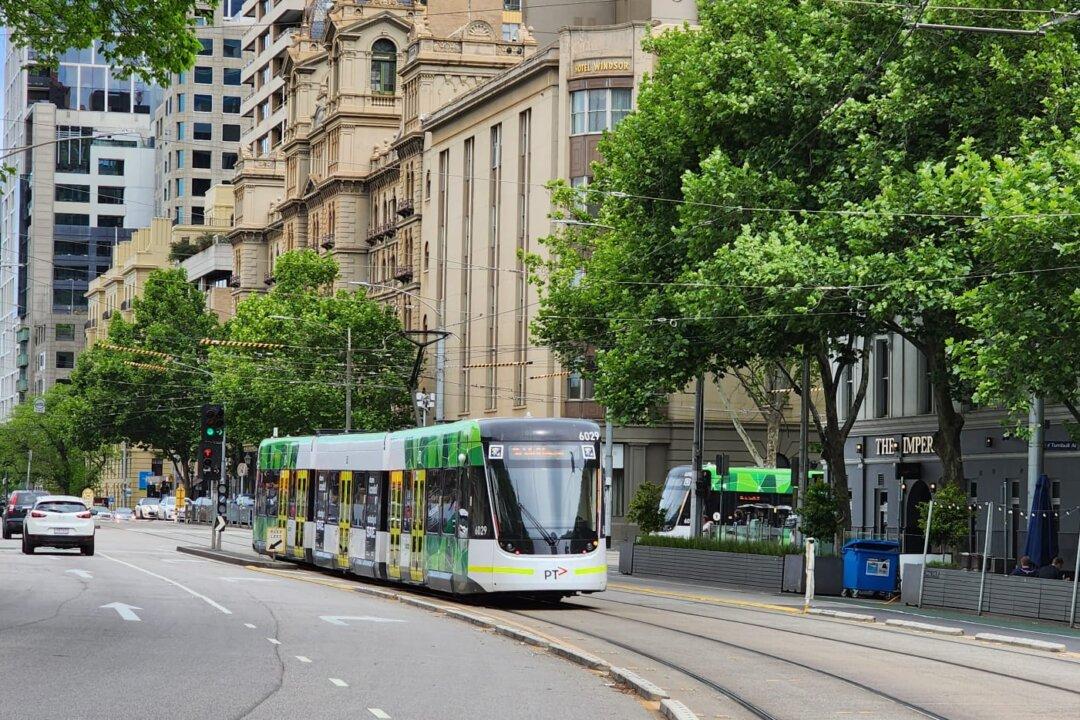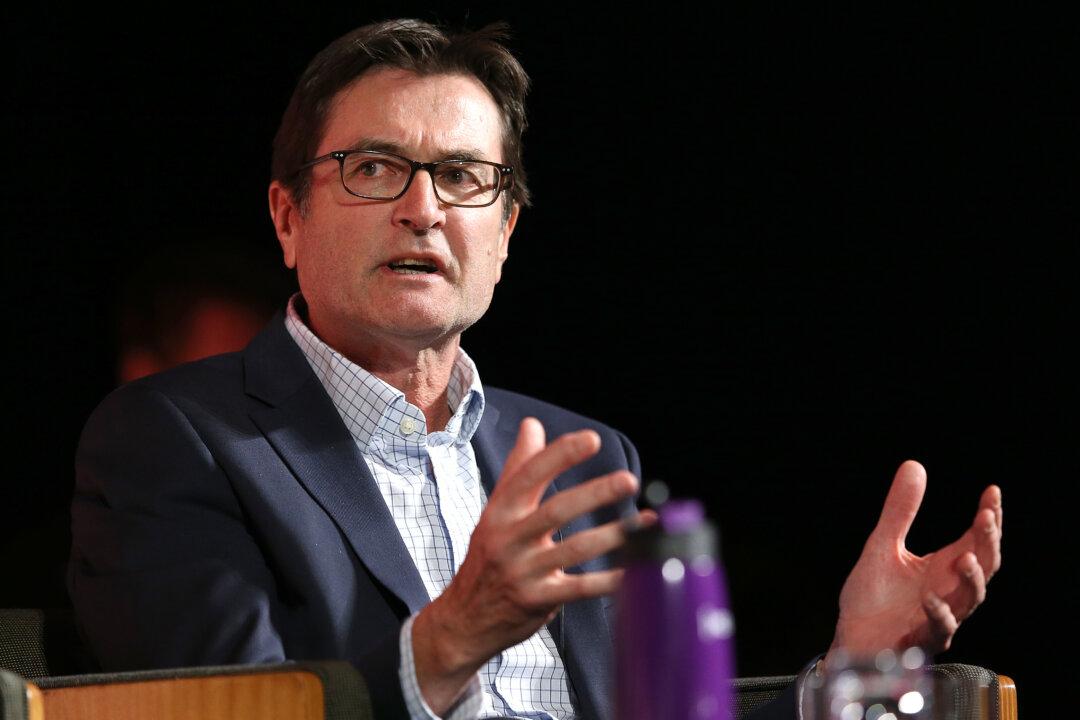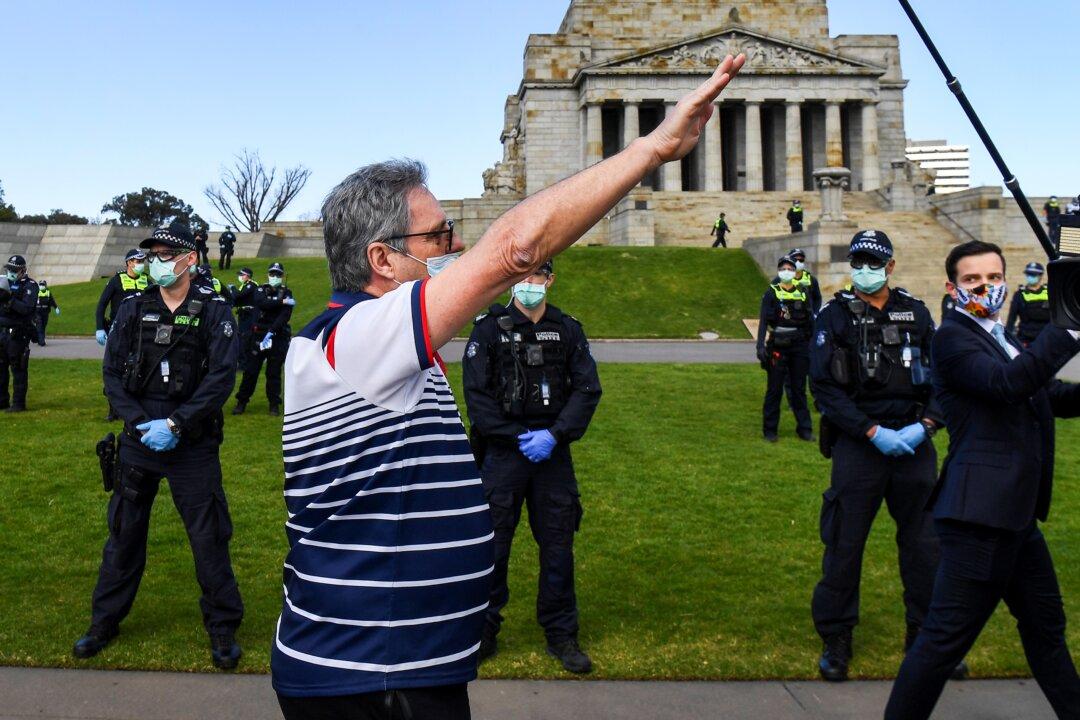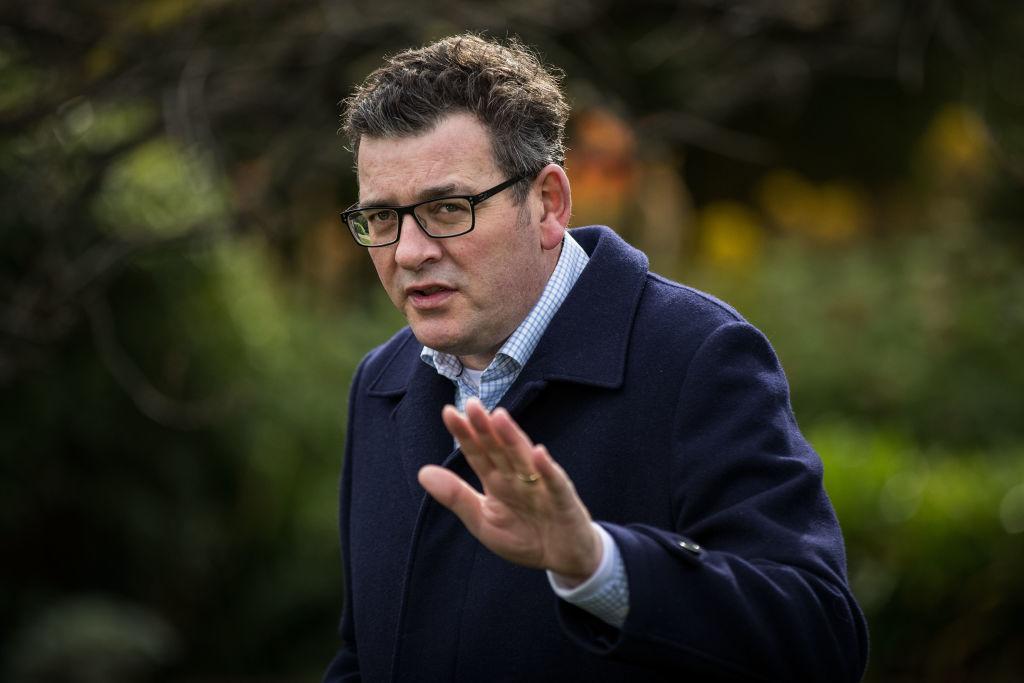Former Australian Prime Minister Scott Morrison has announced he will quit politics by the end of February, stepping down from parliamentary service as the federal member for Cook in South Sydney for a career in the private sector.
On Jan. 23, Mr. Morrison posted a lengthy message on Facebook, thanking his electorate and Liberal-National Coalition colleagues for their allegiance throughout his tenure.
